Episode 282: Tariffs, Tariffs, Tariffs!
Every week brings a new headline from the administration — this time, about tariffs. The International Trade Court just struck down the president’s latest round, ruling he overstepped his authority. The Constitution is clear: Congress, not the president, has the power to impose tariffs under Article I, Section 8. To dig deeper into what tariffs are and what they do, L. Joy brings professor Ryan Monarch to the front of the class.
L. Joy and Ryan Monarch discuss how tariffs are taxes on imported goods. They raise costs for importers, which are passed on to consumers through higher prices. While once the federal government’s main source of revenue, tariffs today make up just 3–4% of total federal income.
They go further explaining that supporters say tariffs protect domestic industries from foreign competition. In practice, the benefits are concentrated — for example, U.S. steel producers may gain — while costs are spread across the entire economy. Historical and modern evidence shows tariffs lead to higher consumer prices, reduced production, job losses, and lower exports.
Professor Monarch spells out that presidents from both parties have used tariffs to punish foreign industries or boost U.S. manufacturing. But data shows tariffs alone rarely bring factories back. Even targeted policies like the CHIPS Act, which invests heavily in domestic semiconductor production, require significant subsidies and long timelines to work. Tariffs without broader strategy create uncertainty, which discourages businesses from investing or expanding.
Breaking down why the courts stepped in, professor Monarch states that Congress has slowly ceded tariff-setting authority to the president through various laws, especially for emergencies or national security. But the recent case centered on the International Emergency Economic Powers Act (IEEPA), which does not explicitly authorize tariffs. The court ruled the administration had stretched the law beyond its scope — a reminder that “emergency powers” are not blank checks.
The bottom line on tariffs is that they can shield certain jobs in the short term but often hurt the broader economy. Real, sustainable trade policy requires Congress to reclaim its constitutional role, pass thoughtful legislation, and balance the needs of workers, industries, and consumers.
Do Now
Contact your member of Congress — call, email, or reach out on social media — and ask:
What’s your stance on U.S. trade policy?
Should Congress reclaim its constitutional power over tariffs and international trade?
If you’re feeling bold, add: “Will you let the president keep checking you, or will you take back your power?”
Civic engagement starts with making your voice heard — because no one can represent you if they never hear from you.
Ryan Monarch
Ryan is an Assistant Professor in the Department of Economics at Syracuse University. His current research focuses on buyer-seller relationships in international trade, constructing import prices for different income groups, and the effects of tariffs. From 2014- 2021, he was an economist at the Board of Governors of the Federal Reserve System, International Finance Division.

